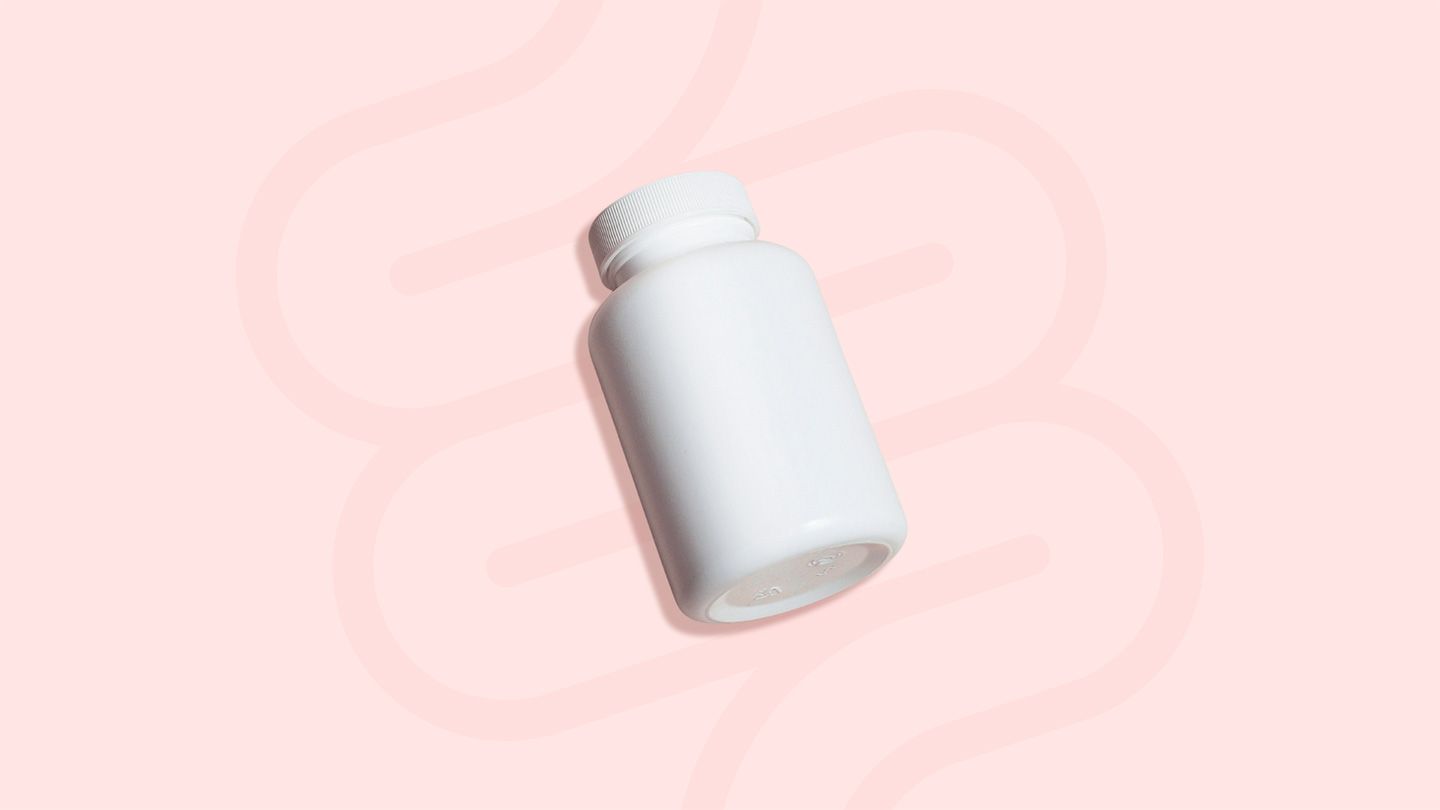Be sure to talk to your doctor about any pain you’re experiencing. They can help you identify the source of the pain and recommend a medication or another strategy that’s safest and most helpful for you. Some options that may help you get relief include:
1. Acetaminophen (Tylenol)
Some studies show acetaminophen (Tylenol) is one of the most common pain medications recommended and used for IBD. Although one meta-analysis found that taking Tylenol was linked to an increased risk of Crohn’s flares, other clinical trials have found it safe for chronic abdominal pain in people with Crohn’s.Talk to your doctor before trying it to make sure it’s right for you.
2. Gut Nerve Medications
When used to help with GI symptoms, antidepressants are known as gut neuromodulators (gut nerve medications). These include:
- Serotonin-norepinephrine reuptake inhibitors (SNRIs) like venlafaxine (Effexor), desvenlafaxine (Pristiq), duloxetine (Cymbalta), levomilnacipran (Fetzima), and milnacipran (Savella)
- Selective serotonin reuptake inhibitors (SSRIs) like citalopram (Celexa), escitalopram (Lexapro), fluoxetine (Prozac), fluvoxamine (Luvox), paroxetine (Paxil), and sertraline (Zoloft)
- Tricyclic antidepressants like amitriptyline, nortriptyline (Pamelor, Aventyl), doxepin (Sinequan, Adapin)
- Bupropion (Wellbutrin, Zyban)
3. Corticosteroids
4. Tramadol (Ultram)
If you need NSAIDs for longer than two weeks, or if NSAIDs aren’t working for you, Gaidos recommends trying tramadol (Ultram), a prescription opioid medication. Other opioids used for severe Crohn’s pain include:
- codeine
- hydrocodone
- oxycodone
- morphine
- hydromorphone
- fentanyl
It’s important to note that opioids aren’t recommended for long-term use in most cases because they can cause side effects like confusion, nausea, and constipation. They’re also highly addictive when taken for long periods.
“We try to avoid opioid use as much as possible due to the side-effect profile,” says Gaidos. If you need opioids for pain management in Crohn’s, you will need to work with a pain-management specialist to choose the safest option and dosage schedule possible.
5. Complementary Therapies
Instead of (or alongside) pain medications, you can try complementary therapies to reduce your Crohn’s pain.
“Different activities help with different types of pain,” says Gaidos, who recommends exercise, stretching, physical therapy, and massage for joint or musculoskeletal pain. For abdominal pain that isn’t connected to active Crohn’s disease, Gaidos suggests mind-body approaches like yoga, cognitive behavior therapy (a form of talk therapy with a mental health professional), or gut hypnosis (a form of therapy given by a trained professional to improve communication between the gut and brain).
Some studies have shown improved Crohn’s pain with the following complementary therapies:
Smaller studies have found medical cannabis may improve Crohn’s pain, but more research is needed before healthcare providers can recommend it regularly.
Read the full article here




